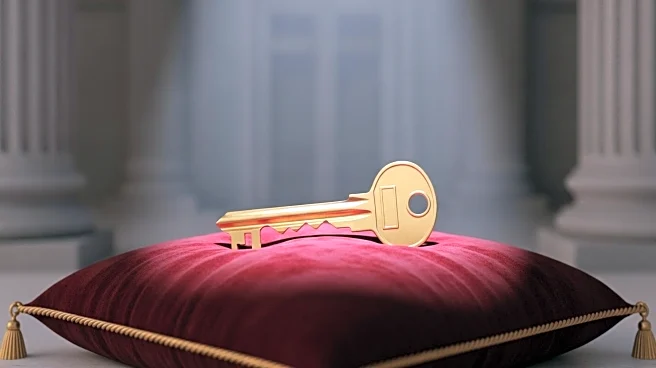What's Happening?
President Trump has intensified efforts to expand private school choice during his second term, directing federal agencies to promote school choice and reduce the federal role in education. The administration has issued guidance to states on using federal funds to support private and charter schools, and Congress has passed a tax credit scholarship program to fund private education. These actions represent a significant federal push into school choice, traditionally a state-level issue, and reflect the administration's prioritization of private education over public school improvement.
Why It's Important?
The expansion of private school choice marks a shift in federal education policy, emphasizing parental choice and private education options. This approach may impact public schools by redirecting resources and attention towards private institutions. The policy changes could influence educational access and equity, raising questions about the long-term effects on public education systems. The administration's actions highlight ongoing debates about the role of government in education and the balance between public and private schooling.
What's Next?
The implementation of the tax credit scholarship program and increased funding for charter schools may lead to further growth in private education options. States will decide whether to participate in the federal choice program, potentially affecting the landscape of education across the country. Stakeholders, including educators and policymakers, may engage in discussions about the implications of these changes for educational equity and access.









